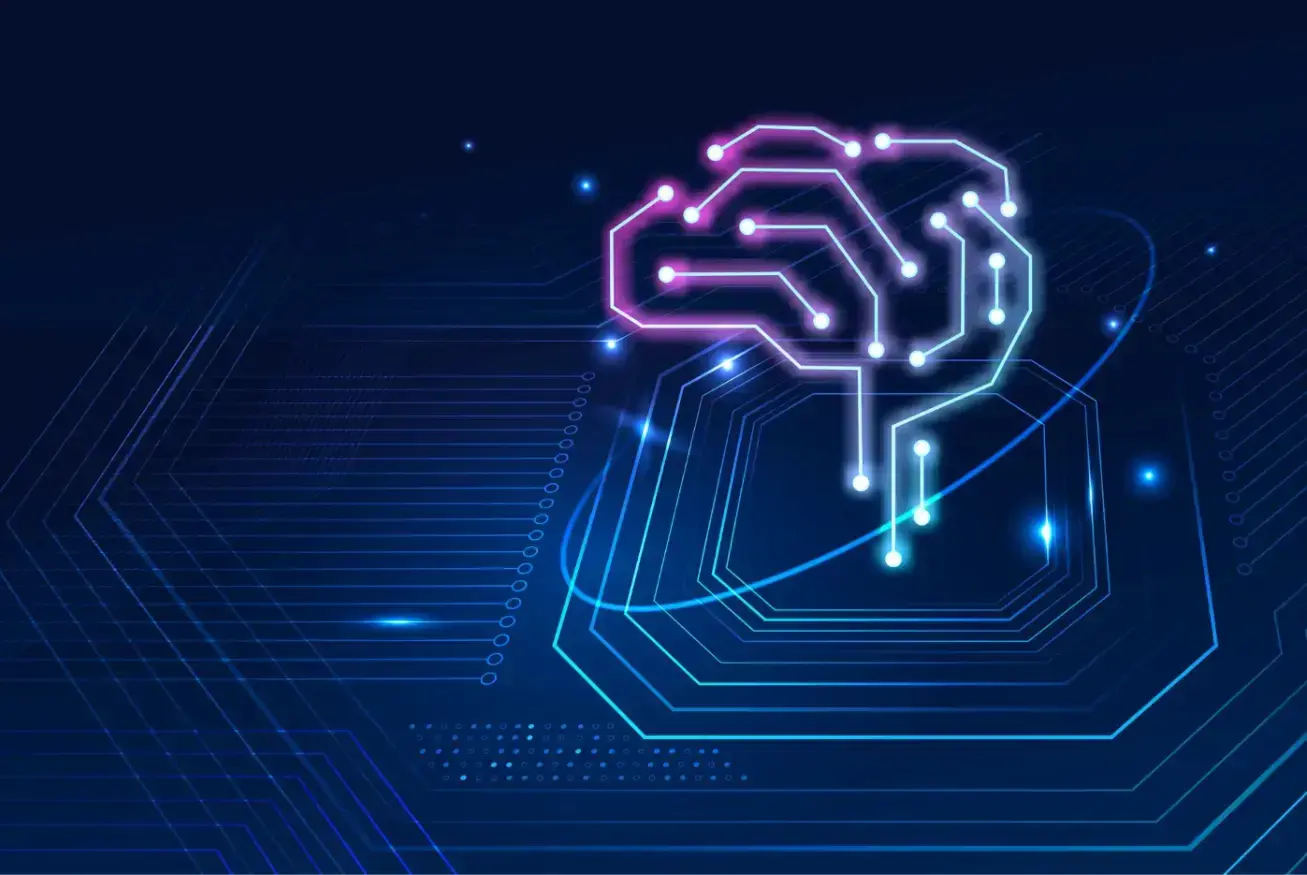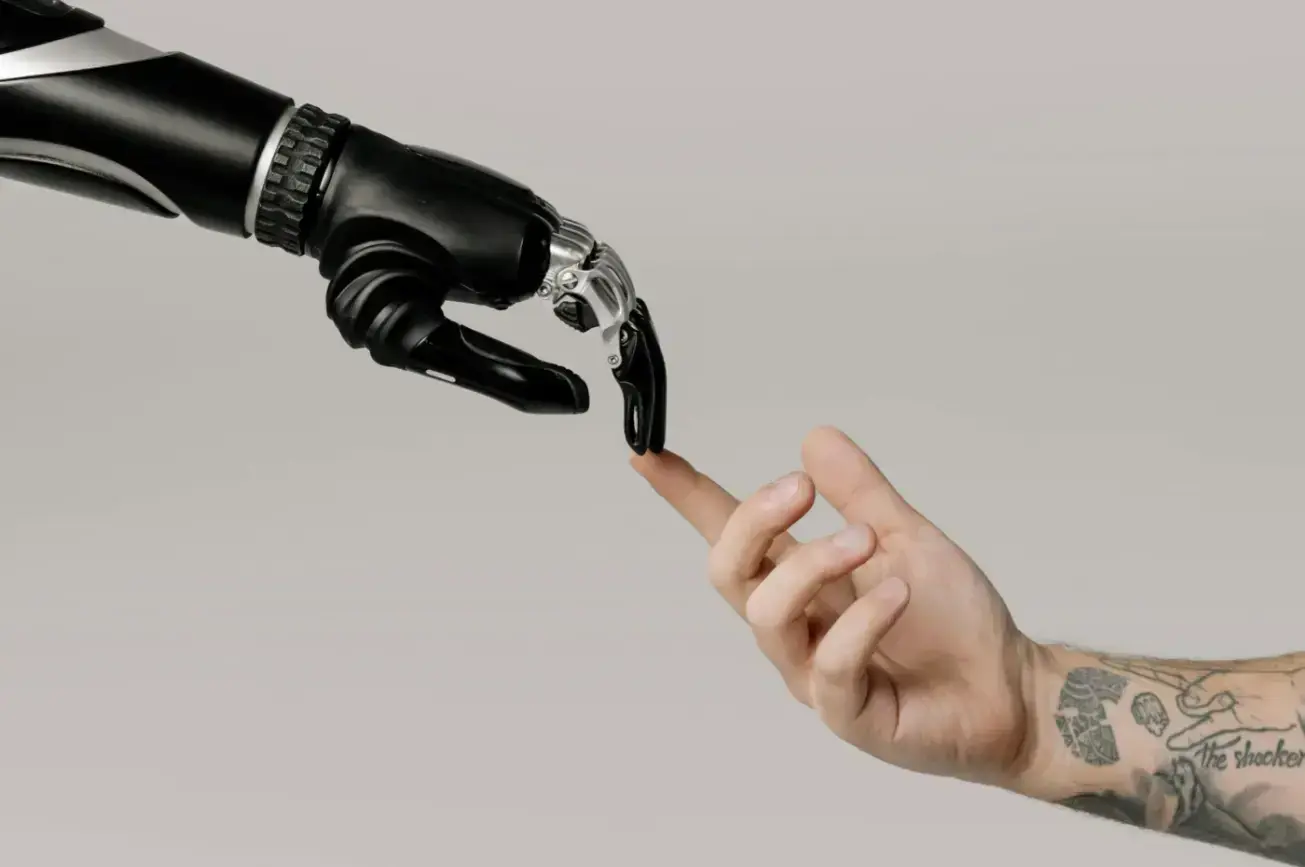Any business knows the importance of having a website in this era when people are becoming increasingly reliant on online platforms. To thrive better in an increasingly competitive arena, brands need to ensure a solid online presence by optimizing their websites.
This is to provide consumers with greater convenience and personalization as they shop around for the products and services they need.
Article Shortcuts:
- Website Optimization: An Overview
- AI and Website Optimization: A Dream Team in 2025
- Frequently Asked Questions
With this in mind, businesses must think about how they can harness emerging technologies to improve their website’s domain authority, increase their search engine visibility, and generate more online sales.
Artificial intelligence may provide the key that businesses need to get ahead in the battle for rankings and sales conversions.
2025 will be a year that determines the long-term growth of businesses depending on how well they understand and leverage the powers of AI.

Source: Freepik
Website Optimization: An Overview

Source: Pexels
Before we get to talk about the importance of AI, let’s first discuss what website optimization entails.
Ever since the emergence of search engines, businesses have long wanted to reach the top of the rankings so that their names are the first that users see when they type a query.
Over time, search ranking rules have focused less on the presence of relevant keywords in websites and more on the actual performance and content.
Google regularly changes its ranking factors in light of new trends. More recently, it has encouraged website owners to put a premium on Core Web Vitals, namely loading performance, interactivity, and visual stability.
This has pushed businesses to invest time and effort into website optimization with an increasing focus on:
- Improving loading speeds: Website visitors tend to bounce away from a web page that takes more than two seconds to load. Striving for the shortest possible loading time helps improve user retention, allowing people to keep browsing the website for a longer duration.
- Enhancing user experience: Another key metric to keep in mind is interactivity or a web page’s responsiveness to user-generated actions such as taps or clicks. This relates more closely to improving user experience since less responsive pages tend to suffer from a lower latency score and produce a higher bounce rate.
- Opting for responsive layouts: Websites that seamlessly adapt to smaller screens are more likely to retain users long enough to consider purchasing. When unexpected layout shifts happen, users may lose track of what they’re reading and may end up exiting the website altogether.
These Core Web Vitals are important, but website optimization still has to rely on search engine optimization to improve a site’s ranking factor.
Just as important as loading speed and interactivity, quality content and backlinking still play a vital role in putting a website on the front page of the search results.
Website optimization is a complicated endeavor requiring creative and technical prowess. Fortunately, the process is expected to become more intuitive and efficient as AI tools enter the picture.
AI and Website Optimization: A Dream Team in 2025

Source: Pexels
As a concept, AI has been around for decades as a tool aiding a diverse range of industries.
Along with virtual reality training, the technology’s applications now extend beyond running robotic systems to generating creative insights and recommendations.
Businesses that want to reach the top of the search engine results pages should harness AI as a means to improve their Core Web Vitals, generate high-quality content, and make better decisions in crafting and carrying out SEO strategies.
Some brands are already using AI to improve their online presence, but it’s never too late for businesses that also want to reach the top:
-
SEO made easier
For the most part, businesses can use AI to conduct content audits and identify gaps with competitors that need to be addressed.
There are now platforms that can conduct assessments on a website’s competitors to see areas of opportunity, such as keywords, questions, and topics to be leveraged.
AI can also be used as an assistant in crafting search engine-friendly content, especially long-form blogs that could take days or even weeks to complete.
When used by a skilled SEO content writer, AI can cut the time needed for researching and proofreading without sacrificing content quality and accuracy.
AI can aid in finding backlinking opportunities in websites that relate to your niche or the products or services you’re selling.
With the right platform, you can come up with a shortlist of possible sites based on domain authority and reputation, allowing you to zero in on the ones that offer the best in terms of guest posting.
-
Improved Core Web Vitals
When it comes to improving a website’s Core Web Vitals, AI platforms can provide deeper analyses of the quality of user experience through data analytics tools.
They can do so by running real-time testing that provides valuable insights on actual performance and the reasons why a website is lagging along certain parameters.
AI can aid in making better design options that will provide users with greater navigability without affecting layout stability. One innovative way to harness AI for web design is by letting the technology develop mobile-responsive templates and layouts that match a business’s niche.
To further improve user experience, AI features such as chatbots can provide tailored solutions to users who may need extra time to shop for the things they need.
With predictive analytics, you can push suggested items to users who have bought or searched for related items before. This improves user engagement and generates sales as it helps streamline product searches and allows users to make quick decisions.
-
Optimized content with AI
We can’t talk about AI without the benefits it brings to crafting website content.
Along with writing search-optimized blogs, AI can also allow for better aesthetic decisions to improve user engagement and brand retention.
Businesses can use AI to develop custom banners, images, and other visual material to promote products, services, and events.
Aside from that, businesses can use AI to give users personalized messages based on the actions they undertake on-site. If a user shops around for running sneakers, an AI chatbot may recommend a few options that match their previous searches.
The chatbot may offer these suggestions most naturally, allowing for a more personalized experience that encourages conversions.
Lastly, businesses can use generative AI to craft compelling product descriptions as well as flesh out their brand story on the About Us page. As it does this, the platform can automatically add internal links that lead to relevant web pages within the site.
Frequently Asked Questions
1. What is website optimization?
Website optimization is the process of making creative and technical changes to improve a website’s performance and search engine rankability.
2. What are core web vitals?
Core Web Vitals are website performance metrics that influence user experience and searchability.
3. How can I make the most of AI for website optimization?
You can use AI to write search engine-friendly content and conduct site audits to identify areas in your website that need improvement based on Core Web Vitals.
4. Does using AI for website optimization generate the best returns?
Yes. You can use AI to save time and money by automating the more technical parts of website optimization. However, having experience in website optimization still matters, considering the technology’s creative limitations.
Endnote
Website optimization is an ever-changing field that will only get more exciting as 2025 rolls by.
With AI at the forefront, businesses have a better chance of getting the visibility and sales opportunities they deserve and making it a stellar year!
Author Bio
Rey Arguelles is a freelance writer based in the Philippines. He focuses on health and lifestyle, technology, and education.


